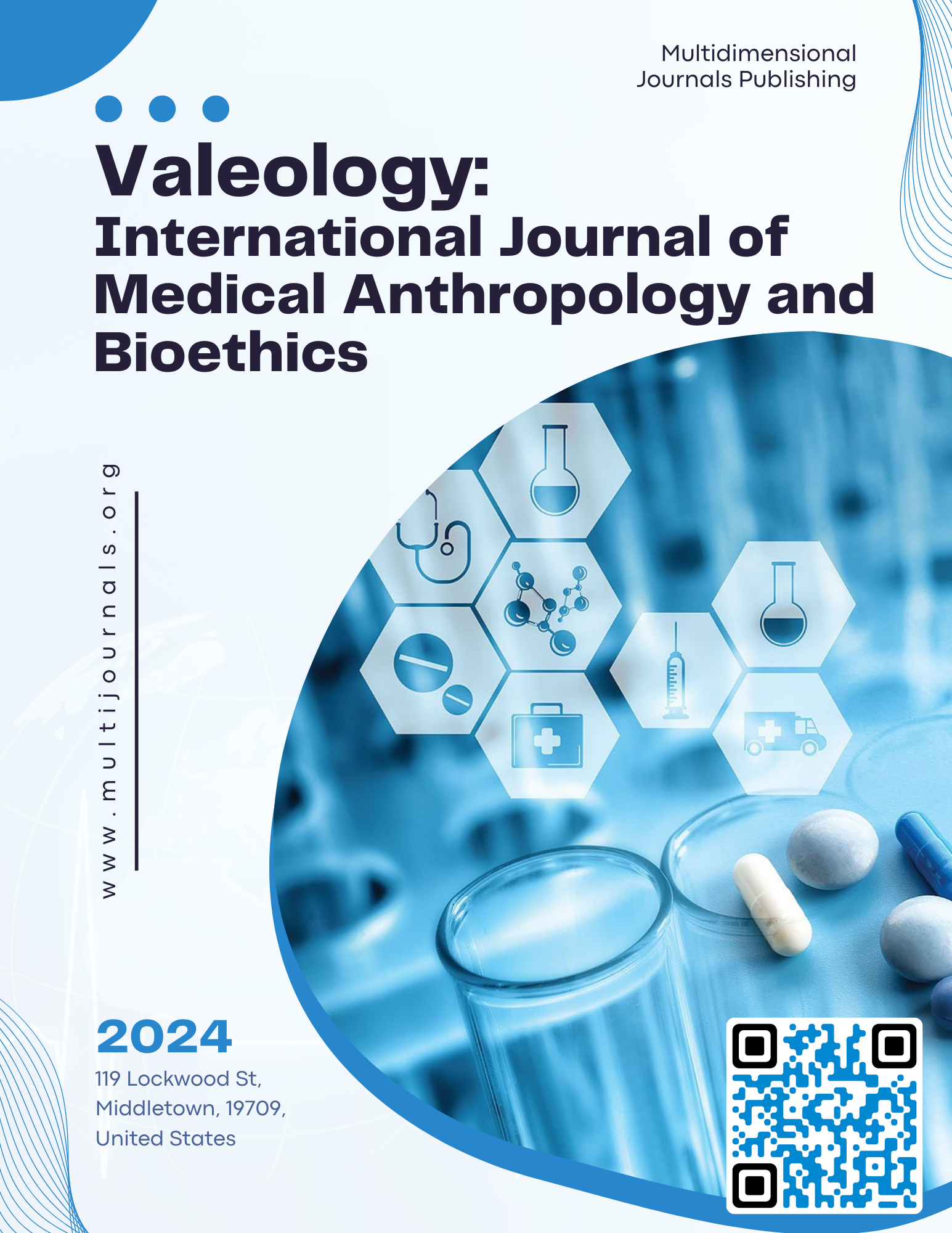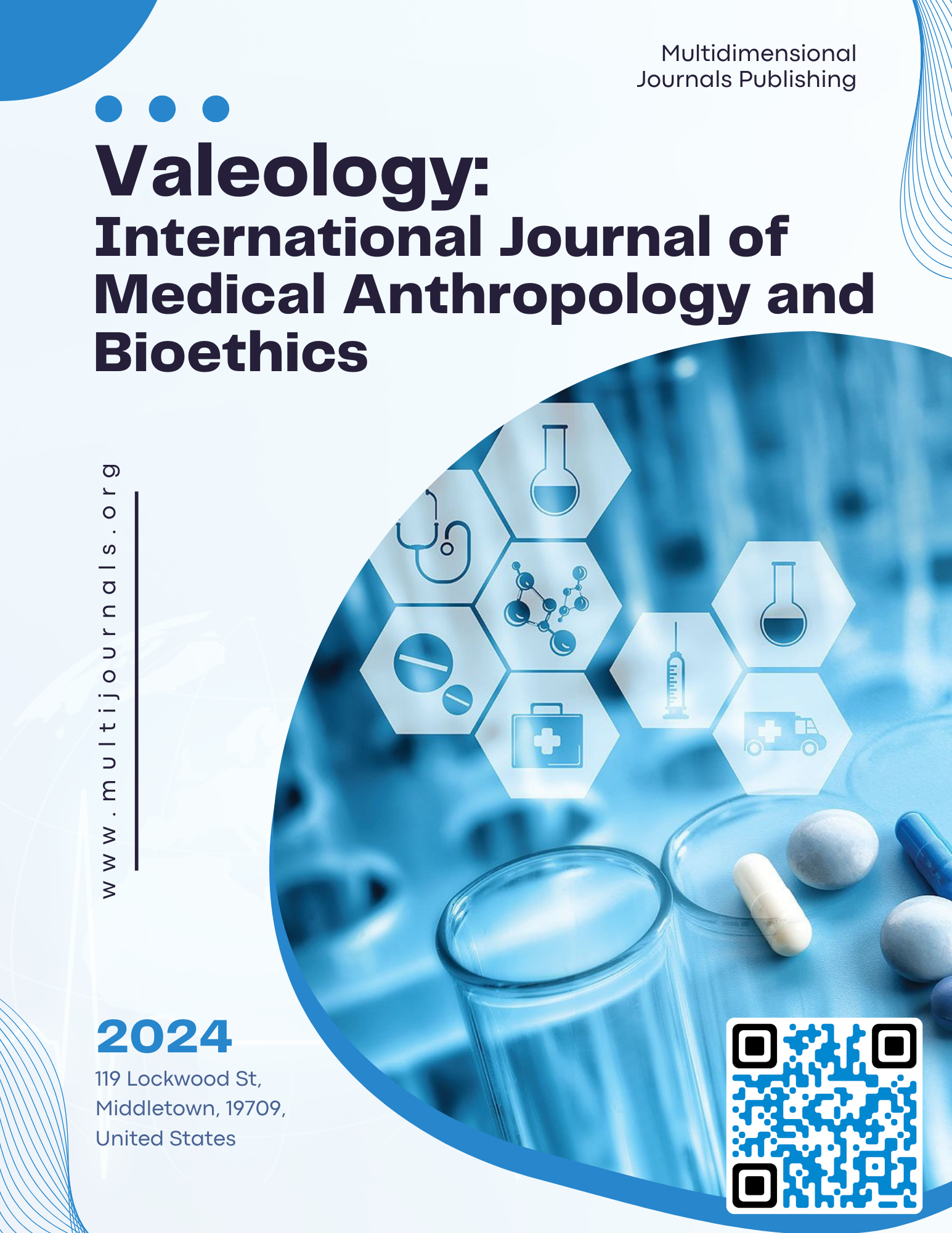STUDY OF NURSES’ ATTITUDES CONCERNING MEDICATION ERRORS IN AL-HILLA TEACHING HOSPITALS
Keywords:
Medication errors, nurses’ attitudes, error reporting, patient safety, critical care, IraqAbstract
Background.
Mistakes with medication are common in the healthcare setting Is very often cause of needless harm to patients. Nurses are key to managing medicines and are the last line of defence against errors. How staff perceive medical errors influences how they identify, prevent, and report error – activities that are key to patient safety. In developing nations, including Iraq, low resources and heavy workloads are compounded by weak protection mechanisms.
Objective.
The purpose of this study is to analyze the attitudes and beliefs of nurses in Al-Hilla Teaching Hospitals towards medication errors and to identify socio-demographic and employment variables that affect error reporting barrier.
Methods.
A cross-sectional design was used for the study. A sample of 170 nurses from the critical care units of Al-Hilla and Al-Imam Al-Sadiq Teaching Hospitals was selected using a purposive sampling technique. A validated questionnaire (reliability r = 0.82) was used to collect data on demographic, perception and attitudes toward medication error and reporting. Scorings were delimited into a three-point likert scale, where agrees get three points and neutrals get two points and disagreeing gets one-point. Data analysis included descriptive statistics of frequencies, percentages, means and standard deviations.
Results.
A majority of participants were female (57.6%), aged between 20 -30 years (75.9%), and bachelor’s degree holders (52.4%). The overall average score obtained from the responses of the subjects regarding the perception of medication errors was 2.70 (SD = 0.506). In addition, the average score towards reporting errors received was 2.48 (SD = 0.657). Nevertheless, fear of punishment, heavy workload, inadequate managerial support, and limited training impeded nurses from reporting. Less-experienced nurses were particularly affected.
Conclusion.
Nurses at Al-Hilla Teaching Hospitals have a positive attitude toward medication error reporting. But organizational and cultural barriers prevent nurses from consistently reporting medication errors. Policies that do not punish when harm events take place, supportive supervision, ongoing training, and easier access to reporting are recommended for patient safety.




